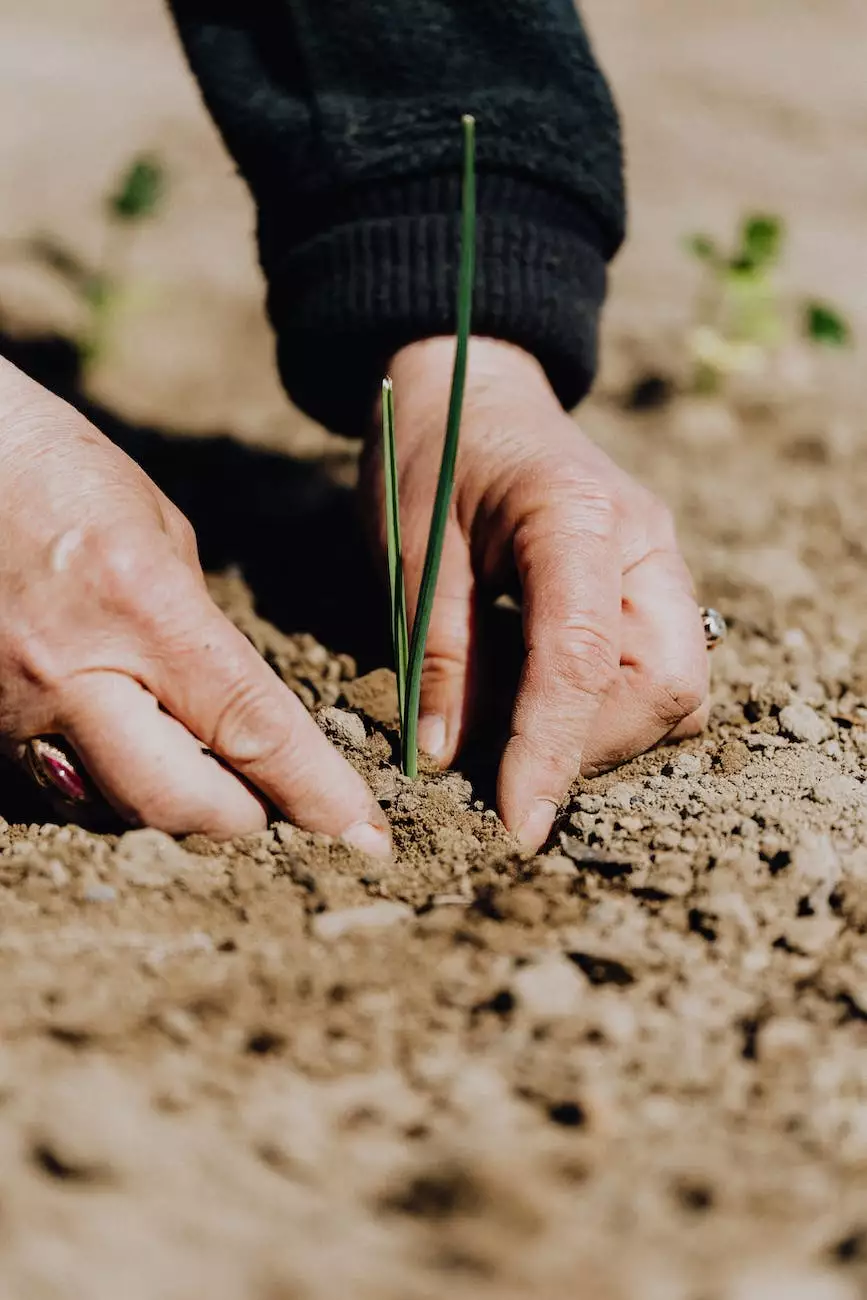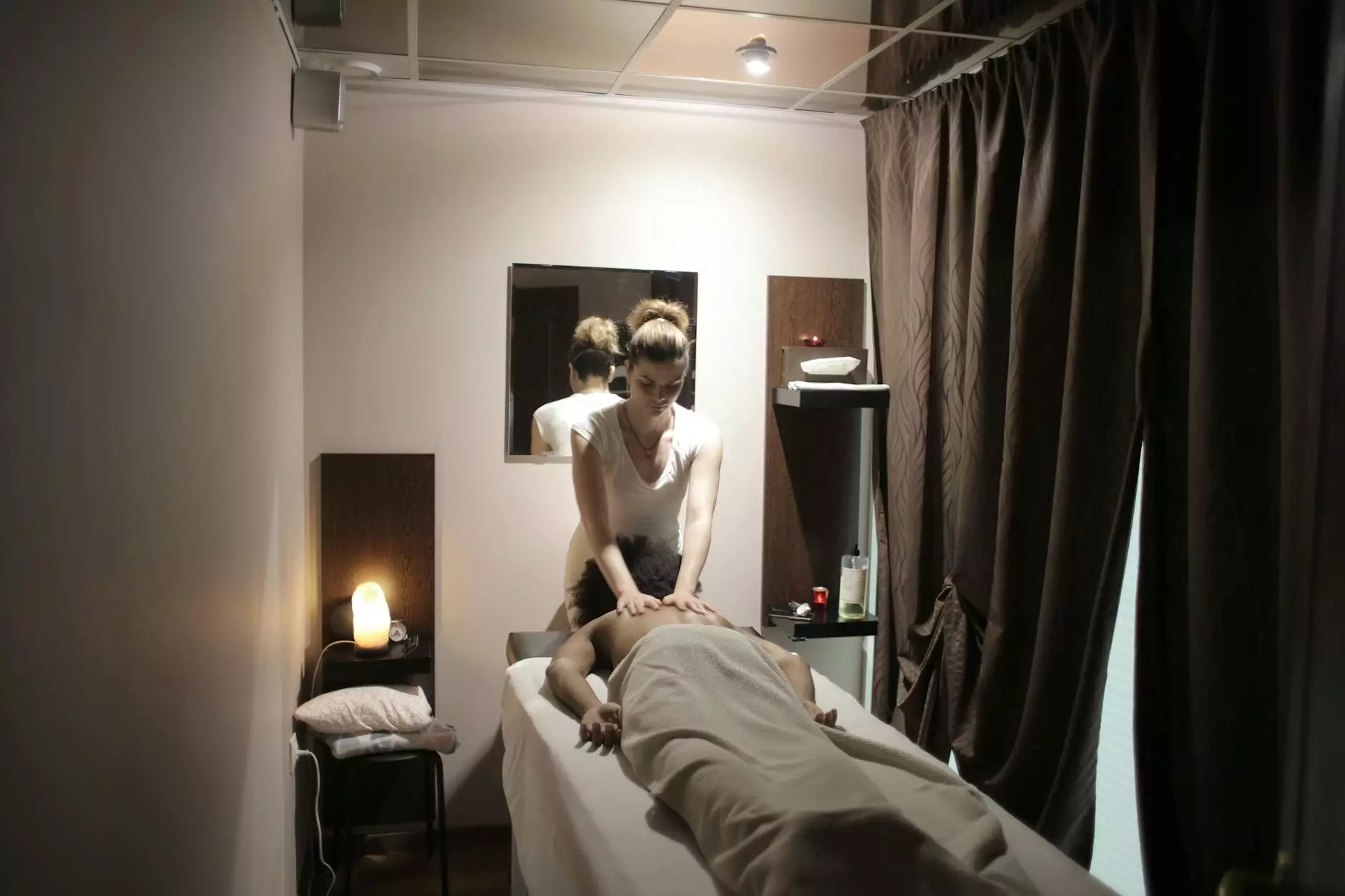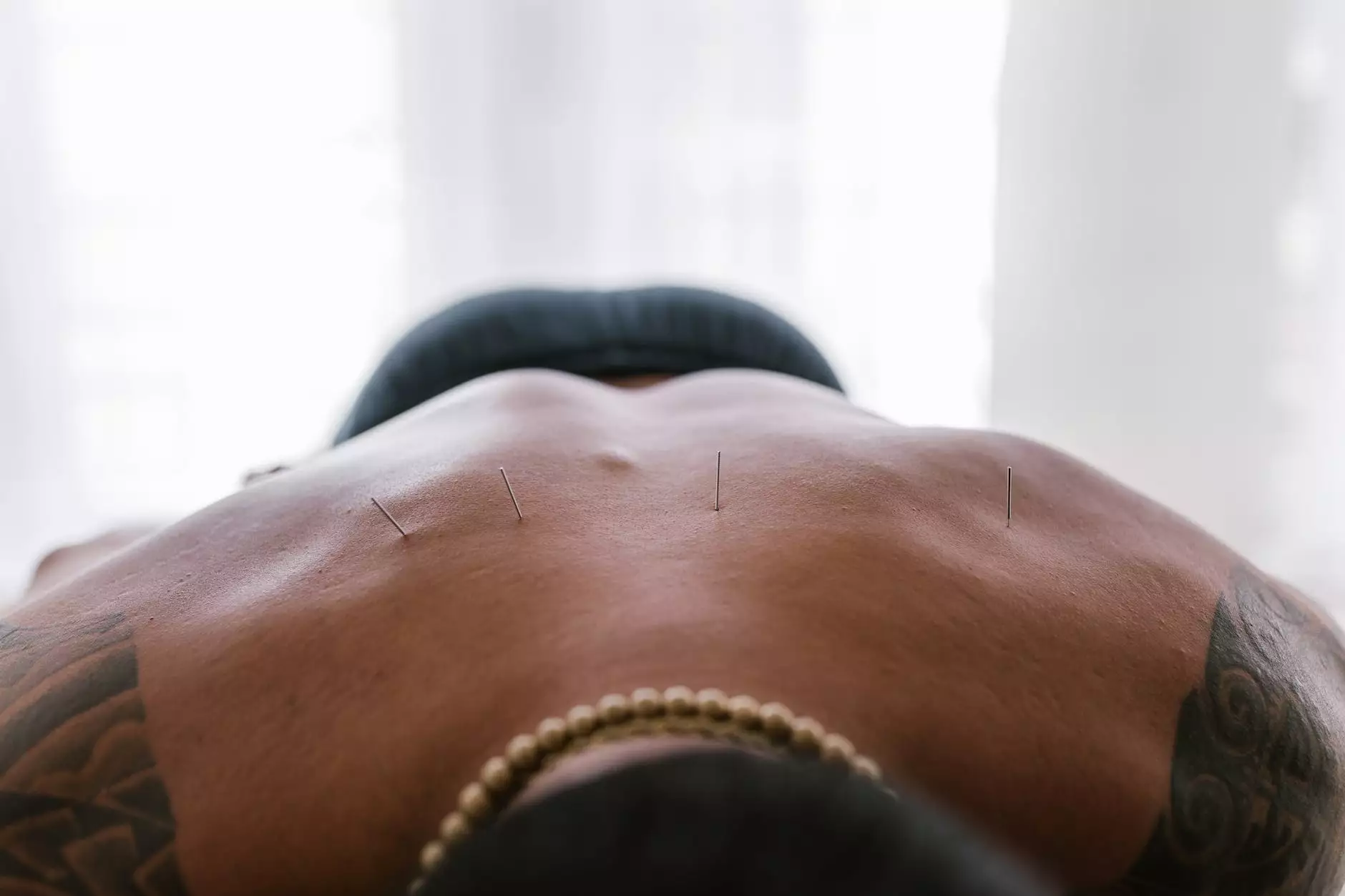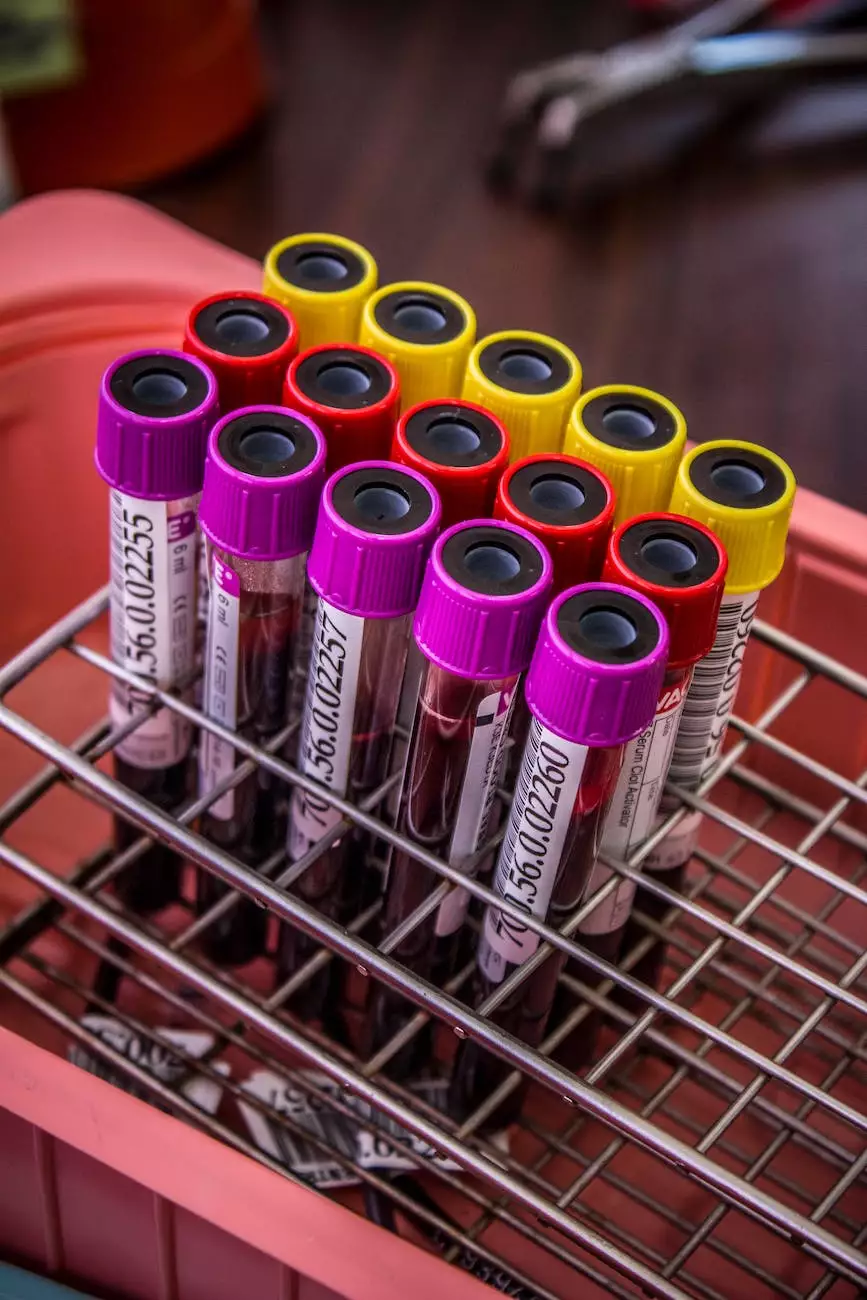Fungal Infections - Tinea (Ringworm)
Naturopathic Medicine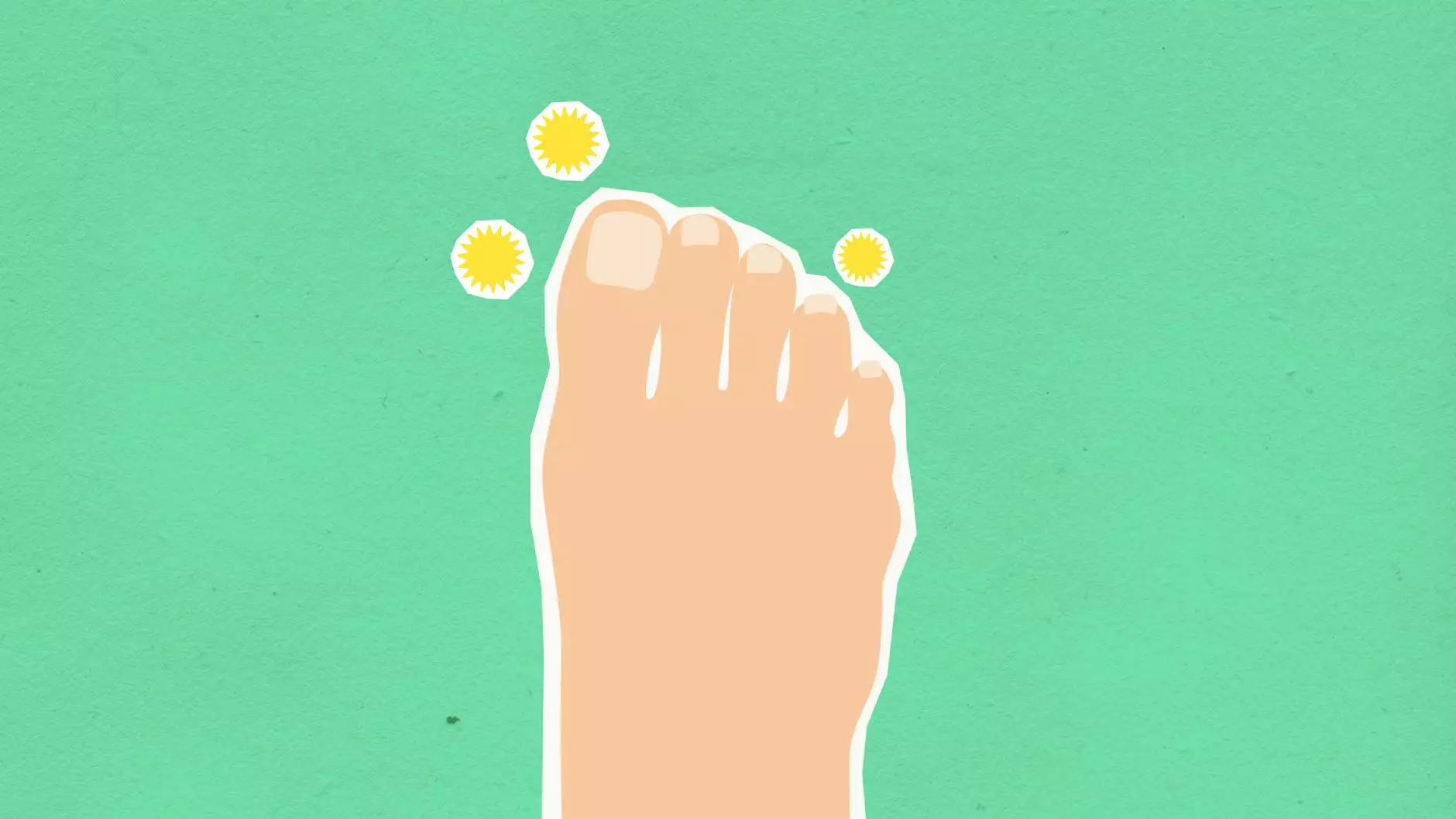
Understanding Tinea (Ringworm)
Tinea, or commonly known as ringworm, is a fungal infection that affects the skin. Despite its name, ringworm is not caused by a worm but rather by a group of fungi called dermatophytes. These fungi thrive in warm and moist environments, making certain parts of our body susceptible to infection.
Symptoms and Types of Tinea
Tinea infections can present themselves in various forms, each with its own set of symptoms. The most common types of tinea infections include:
Tinea Corporis (Ringworm of the Body)
Tinea corporis appears as red, raised, and itchy circles on the skin. These circular rashes may have a clearer center, resembling a ring, which gave the infection its common name.
Tinea Capitis (Scalp Ringworm)
Tinea capitis affects the scalp and hair. Symptoms include scaly, itchy patches or bald spots on the scalp. This type of infection is more prevalent among children and may require specific treatments.
Tinea Cruris (Jock Itch)
Tinea cruris affects the groin area and inner thighs. It causes red, itchy rashes that can spread to the buttocks or abdomen. This type of infection is commonly seen in men.
Tinea Pedis (Athlete's Foot)
Tinea pedis typically affects the feet, causing redness, itching, and scaling. It is often associated with warm and moist environments such as locker rooms or swimming pools.
Tinea Unguium (Nail Fungus)
Tinea unguium affects the nails, leading to thickened, discolored, and brittle nails. It can be challenging to treat and often requires professional intervention.
Treating Tinea Naturally
At Rochester Holistic Center in Oakville, our experienced naturopaths provide comprehensive and holistic treatments for tinea infections. We understand that each case is unique and requires a personalized approach. Here are some natural remedies and lifestyle changes that can help alleviate tinea symptoms:
1. Antifungal Herbs and Essential Oils
Several herbs and essential oils have antifungal properties that can effectively combat tinea infections. Tea tree oil, oregano oil, and garlic are known for their potent antimicrobial properties and can be used topically to reduce fungal activity.
2. Healthy Diet and Immune Support
A strong immune system is essential in fighting off fungal infections. Our naturopaths can guide you in adopting a balanced diet rich in vitamins, minerals, and probiotics to boost your immune function and expedite the healing process.
3. Topical Natural Remedies
We offer a range of natural topical treatments, such as creams or ointments with natural antifungal ingredients. These remedies are gentle on the skin and can provide relief from itching, inflammation, and redness.
4. Lifestyle Modifications
Our naturopaths will work with you to identify any triggers that may contribute to tinea infections. We can provide guidance on lifestyle modifications, including proper hygiene practices, avoiding tight-fitting clothing, and ensuring adequate ventilation in affected areas.
Preventing Tinea Infections
Prevention plays a crucial role in reducing the risk of tinea infections. Here are some tips to help prevent future outbreaks:
- Keep your skin clean and dry, especially in areas prone to moisture.
- Avoid sharing personal items such as towels, clothing, or shoes with infected individuals.
- Wear clean, breathable socks and change them regularly.
- Use antifungal powders or sprays in locker rooms or communal areas.
- Maintain good foot hygiene and thoroughly dry your feet, especially between the toes.
- Avoid walking barefoot in public areas where the infection may be present.
Consult Our Naturopath in Oakville for Tinea Relief
If you're experiencing symptoms of tinea or struggling with recurrent infections, our Oakville naturopathic services at Rochester Holistic Center can provide the care and support you need. Contact us today to book an appointment and begin your journey towards natural healing.

